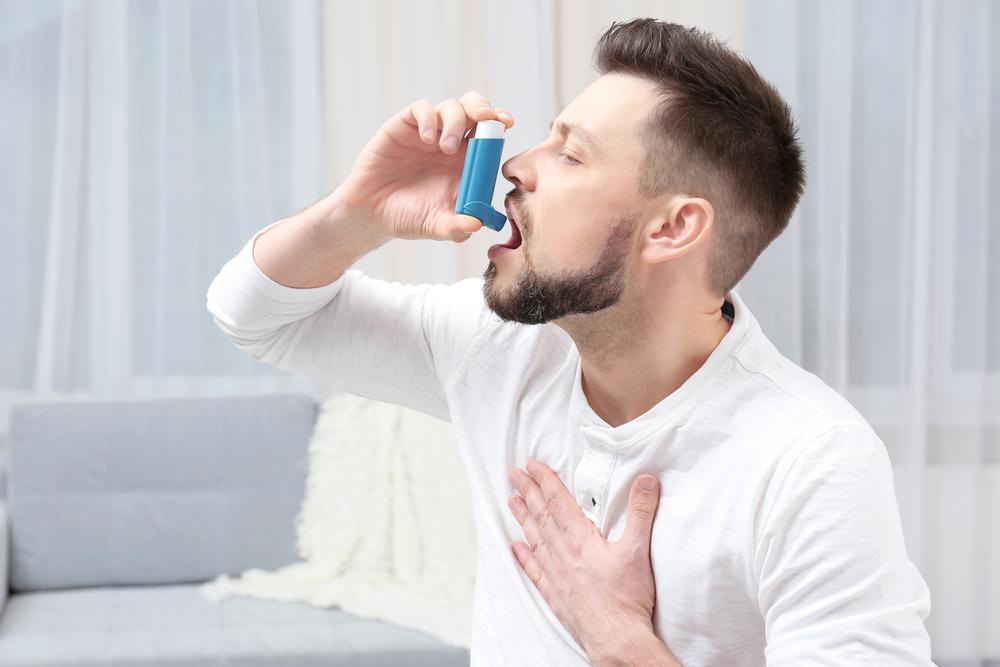Understanding Symbicort Inhalers for Respiratory Support
Symbicort inhalers are vital for managing respiratory conditions like asthma and COPD. They combine corticosteroids and long-acting bronchodilators to reduce inflammation and relax airway muscles. Proper usage, awareness of potential side effects, and consulting healthcare providers are essential for safe and effective treatment. This guide offers a comprehensive overview of Symbicort, emphasizing the importance of medical supervision and immediate care when necessary.

Understanding Symbicort Inhalers for Respiratory Support
Symbicort inhalers are prescribed primarily for individuals over 12 years old with asthma that hasn't responded well to standard treatments. These inhalers contain budesonide, a corticosteroid that reduces airway inflammation, and formoterol, a long-acting Beta2 agonist that relaxes bronchial muscles to facilitate easier breathing. Available in two strengths—80/4.5 for asthma and 160/4.5 for COPD—these medications are controlled and should be used under medical supervision unless the doctor confirms stabilization of the condition.
Beta2 agonists can sometimes worsen asthma symptoms or cause complications, and whether budesonide mitigates these risks remains uncertain. Patients should contact their healthcare provider if breathing difficulties worsen while using Symbicort. Immediate medical attention is crucial if rescue inhalers do not relieve symptoms. Follow prescribed dosing schedules carefully—if a dose is missed but not too close to the next, it can often be taken upon recall.
Like all medications, Symbicort may cause side effects. Common issues include headaches, sore throat, sinus infections, stomach discomfort, flu symptoms, back pain, nasal congestion, vomiting, and oral thrush, indicating lowered immunity. Signs of infection such as chickenpox warrant immediate medical consultation, especially since drug interactions may occur. Rinsing the mouth after use helps prevent thrush. Always inform your healthcare provider about other medications and medical conditions before starting Symbicort. In case of adverse reactions, seek medical advice. Another effective inhaler option is Spiriva.










